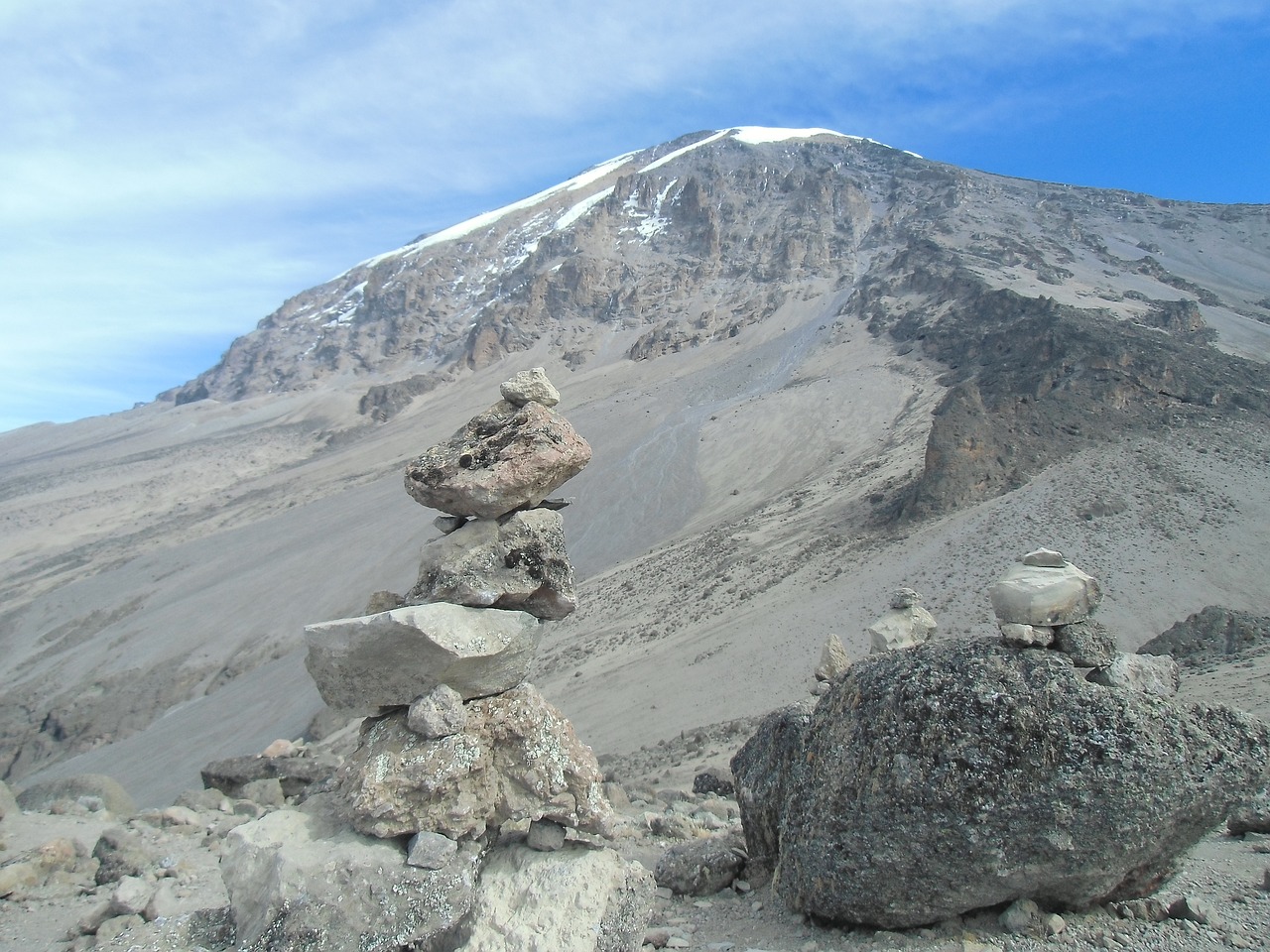Tanzania Video
Coping with Power Outages: Being Prepared in Tanzania
Power outages can be a common occurrence in Tanzania, especially in areas with limited infrastructure and resources. These outages can disrupt daily life and pose challenges to individuals and businesses. However, with proper preparation and knowledge, it is possible to cope with power outages effectively. In this article, we will explore various strategies and tips for being prepared during power outages in Tanzania.
Understanding the Causes of Power Outages
Power outages in Tanzania can be caused by various factors, including:
- Insufficient Generation Capacity: Tanzania’s electricity generation capacity may not be sufficient to meet the growing demand, resulting in frequent outages.
- Transmission and Distribution Challenges: Problems in the transmission and distribution network, such as faulty lines or equipment, can cause power outages.
- Weather Conditions: Extreme weather events, such as heavy rains, storms, or strong winds, can damage power infrastructure and cause outages.
- Load Shedding: To manage the demand and supply gap, utility companies may implement load shedding, which involves planned power outages in specific areas.
Insufficient generation capacity is a significant cause of power outages in Tanzania. The demand for electricity has been increasing rapidly, but the generation capacity has not kept up with the demand. This leads to frequent outages as the existing infrastructure struggles to meet the needs of the population.
The transmission and distribution network in Tanzania faces various challenges, including outdated infrastructure and insufficient maintenance. Faulty lines, transformers, or other equipment can result in power outages as the system fails to deliver electricity to consumers effectively.
Tanzania experiences various weather conditions that can impact the power supply. Heavy rains, storms, or strong winds can damage power infrastructure, including power lines and poles, leading to outages. Additionally, lightning strikes can also disrupt the electrical system.
Load shedding is a strategy employed by utility companies to balance the demand and supply of electricity. During periods of high demand or insufficient generation capacity, planned power outages, known as load shedding, are implemented. This allows utility companies to manage the available electricity and prevent a complete system failure.
Preparing for Power Outages
Being prepared for power outages can help minimize the impact on daily life and ensure the safety and comfort of individuals. Here are some essential steps to take:
- Create an Emergency Kit: Prepare an emergency kit with essential items such as flashlights, batteries, candles, matches, a battery-operated radio, and a first aid kit.
- Stock Up on Supplies: Keep an ample supply of non-perishable food, drinking water, and necessary medications to sustain you during extended power outages.
- Invest in Alternative Power Sources: Consider purchasing alternative power sources such as generators, solar panels, or battery backups to provide electricity during outages.
- Protect Electronics and Appliances: Use surge protectors to safeguard sensitive electronics and appliances from power surges when the electricity is restored.
Having an emergency kit is essential during power outages. It should include items that can provide light, communication, and basic medical assistance. Flashlights, batteries, candles, matches, a battery-operated radio, and a first aid kit are all important components of an emergency kit.
During power outages, access to basic supplies may be limited. It is advisable to stock up on non-perishable food items, drinking water, and necessary medications. This ensures that you have enough provisions to sustain yourself and your family during extended outages.
Investing in alternative power sources can significantly mitigate the impact of power outages. Generators, solar panels, or battery backups can provide electricity to essential appliances and devices, ensuring that you have power for critical needs during outages.
Power surges can occur when the electricity is restored after an outage, posing a risk to sensitive electronics and appliances. To protect your devices, it is advisable to use surge protectors. These devices help regulate the voltage and prevent damage to your electronics.
During a Power Outage
When a power outage occurs, it is essential to stay calm and follow these guidelines:
- Ensure Personal Safety: Avoid using candles or open flames as a light source to prevent fire hazards. Use flashlights instead.
- Minimize Appliance Usage: Turn off and unplug non-essential appliances to prevent damage from power surges when the electricity is restored.
- Preserve Refrigerated Food: Keep refrigerator and freezer doors closed as much as possible to maintain the temperature and preserve perishable food items.
- Stay Informed: Stay updated on the outage status and any instructions or announcements from the utility company through battery-operated radios or mobile devices.
During power outages, it is crucial to prioritize personal safety. Using candles or open flames as a light source can be dangerous and increase the risk of fire. Instead, rely on flashlights for illumination.
To protect your appliances from power surges, it is advisable to turn off and unplug non-essential devices during outages. This precautionary measure reduces the risk of damage when the power is restored.
During power outages, it is important to preserve the temperature inside refrigerators and freezers to prevent food spoilage. Keep the doors closed as much as possible to maintain the cold temperature and extend the shelf life of perishable items.
During power outages, it is crucial to stay informed about the situation and any updates from the utility company. Use battery-operated radios or mobile devices to stay updated on the outage status and receive instructions or announcements.
Restoring Power After an Outage
Once the power is restored, take the following steps to ensure a smooth transition:
- Gradually Reconnect Appliances: Gradually reconnect and turn on appliances to prevent a sudden surge in demand that could overload the electrical system.
- Check for Damages: Inspect electrical equipment and power outlets for any damages before using them. If you notice any issues, seek professional assistance.
- Reset Clocks and Devices: Reset clocks, timers, and electronic devices that may have been affected by the power outage.
- Monitor for Recurring Issues: Keep an eye on the electrical system for any recurring issues or abnormalities. If problems persist, contact a qualified electrician.
After a power outage, it is advisable to reconnect and turn on appliances gradually. This approach prevents a sudden surge in demand that could overload the electrical system and cause additional outages.
Before using electrical equipment and power outlets, it is important to inspect them for any damages. Look for signs of wear and tear or any visible issues. If you notice any problems, it is best to seek professional assistance to ensure safety.
Power outages can disrupt the functioning of clocks, timers, and electronic devices. After the power is restored, take the time to reset these devices to ensure they are accurate and functioning correctly.
While power outages can be common in Tanzania, recurring issues or abnormalities in the electrical system may indicate underlying problems. If you notice any persistent issues, it is advisable to contact a qualified electrician to assess and resolve the problem.
References
- Tanzania Electric Supply Company Limited: www.tanesco.co.tz
- Tanzania Meteorological Authority: www.meteo.go.tz
- Tanzania Ministry of Energy: www.energy.go.tz
Tanzania Image 1:

Tanzania Image 2:

Tanzania Image 3:



